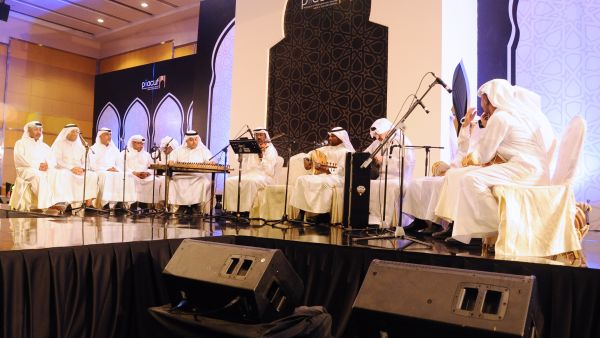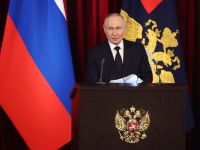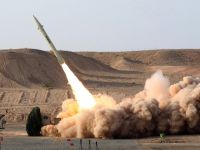A recent announcement made by the head of the Saudi Music Commission has stirred public debates as he said the SMC would in collaboration with the Ministry of Education would introduce music classes in Saudi schools as part of the general art curriculum.
The remark was made by Sultan Al-Bazie in an interview with the Saudi Rotana Khalejia TV channel. He explained that Saudi schools will be offered a variety of art classes, including music, drama, theatre, and digital arts, in addition to filmmaking.
#نرفض_تعليم_الموسيقي_في_المدارس
— وليد النقيثان (@wal2ee2d) May 24, 2022
الغناء والموسيقى هما حاجة نفسية للشعور بالفرح والسرور في الأعراس والأعياد والولائم ..
لذلك نعم للموسيقى ونأيد وبقوة تعليم الموسيقى ونشرها بين الناس وتشجيع ثقافة تذوق الموسيقى..
Translation: "Singing and playing music are mental needs to help feel happiness in wedding, Eids, and feasts. This is why we support music education so it spreads among people and encourages a culture that appreciates music."
Al-Bazie also explained that art classes will be offered for students starting from elementary levels, so they can develop their skills during these crucial school years.
However, the official statements quickly triggered strong responses by Saudi commentators with opinion split between supporters of the new strategy, expressing happiness over the government's new policy, and finally acknowledging arts and music in its education.
#نرفض_تعليم_الموسيقي_في_المدارس
— محمد اليحيا (@mo7ammadalyahya) May 24, 2022
كنا ننتظر من الوزارة أن تعيد مواد الإملاء والخط والتعبير وتكثف المواد الدينية والعلمية حتى يخرج لنا جيلًا متعلمًا ومثقفًا وواعيًا يخدم دينه وبلاده وإذا بها تخطط لتخريج جيل راقص يعزف على العود والطبلة وكأن ماينقص بلادنا المطربون والمطربات!! pic.twitter.com/zEJlZ8Iuip
Translation: "We were waiting for the Ministry of Education to bring back Arabic calligraphy, writing, and spelling classes, to add more religious and scientific curricula to have an educated generation who can serve their religion and country. But here, they are, planning to produce a generation of dancers and musicians as though we did not have enough of those."
As well, more conservative Saudi social media users condemned the decision, saying it emboldens "immoral practices" in the country, urging officials to dedicate their efforts more to other educational goals, instead of offering music classes to school students.
For many years before the recent reforms towards modernity, launched by the young Crown Prince Mohammad bin Salman since his rise to power in 2017, music was closely restricted in Saudi Arabia, based on religious interpretation of Islam that regarded music as a prohibited practice for the most part.







